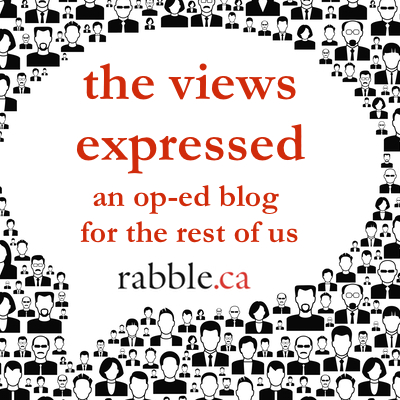In the aftermath of the Charlie Hebdo shootings, the slogan ‘Je suis Charlie’ and the sentiment behind it call on us to empathize with the victims who lost their lives. It is an extremely powerful statement. It says ‘not only can I identify with the victims, not only do I stand by them, I am Charlie’. In other words, it could just as easily have been me.
Yet, some very thoughtful and discerning writers have begun to challenge the slogan’s logic.
For example, Katherine Cross writes: “I am not Charlie. I couldn’t be. Rather, I’m the sort of person who’d only ever get to be an ugly, rude caricature in their pages.”
And the hashtag #JeSuisAhmed trended on twitter when thousands honoured the Muslim police officer, Ahmed Merabet, who was gunned down trying to protect the Charlie Hebdo offices.
Similarly, Mohamed Lofti recently wrote, “Je ne suis pas que ça!,” reminding us that imperialisms, colonialisms, zionisms and wahhabisms all have one thing in common: “hate deviding humans against each other.”
Indeed, the real enemy, the real threat, is dehumanization, which as sociologists and historians have reminded us, is always central to the act of killing.
When Saïd and Chérif Kouachi walked into the offices of Charlie Hebdo, they clearly could not perceive the humanity of their victims; otherwise, they would have had to face the enormous anguish of killing a fellow human being. But as Sebastian Junger thoughtfully put it, “we’re all guilty of dehumanizing the enemy,” especially in times of war. And one dehumanizing act begets another in a vicious, seemingly never-ending cycle of violence.
Although many news reports have included reflection on how Muslims now face a backlash of islamophobic hatred, more attention is needed on the plight of young marginalized men of colour who are drawn to jihadist ideology.
Saïd and Chérif Kouachi, for example, grew up in an orphanage and seem to have been “radicalized” when they spent time in jail. What role did islamophobia and poverty play in their radicalization?
It is too easy to simply hate these young men. It is too easy to condemn their horrific actions as barbaric, as “unhuman” and not consider the circumstances that lead young men to commit violence. It is too easy to refuse to afford these men the moral consideration that we afford fellow human beings. To do so would be to dehumanize them as they have us.
And so, instead of boldly using the word “war,” as our Prime Minister and other world leaders have recently done, the difficult and yet immensely important next step might be to focus on the real enemy — dehumanization — and refuse to give in to it, no matter how counterintuitive this might seem.
This means recognizing the fact that we are all, in the right (or wrong) circumstances, capable of dehumanization. We must do more than just recognize this fact; we must get intimate with it and get cozy with the jihadist, the Nazi, the imperialist, the evil inside us. And we must do this to humanize the “enemy,” to recognize ourselves in the killers, but also because unless we acknowledge our potential malevolence, it may well creep up on us without notice.
For that reason, our vigilance should be directed at how our anger and revulsion over these and other such killings might be used to justify, or at least ignore, the perpetuation of new atrocities.
And so, the more daring, albeit uncomfortable, slogan might then be, “Je suis Saïd et Chérif Kouachi.” Or at the very least, “I could be Saïd et Chérif Kouachi.” Although this slogan stings and identification with such horrendous acts might not make us feel good, it is the only way to tackle head on the effects dehumanization. We can’t afford to pretend that such horror happened only once, at a certain time and in a certain place, committed by people so totally unlike us that they don’t seem like human beings.
A more productive line of thinking, one that might produce more revolutionary solutions, is the idea that Saïd et Chérif Kouachi, well, that could have been me. Grappling with this disturbing idea might help to prevent the creation of monsters deprived of noble human qualities, like empathy, in the future.
Corrie Scott is an Assistant Professor at the Institute of Feminist and Gender Studies, University of Ottawa. Her research focuses on the representation of race and masculinities in Quebec literature and she is the author of the recently published book, De Groulx à Laferrière : un parcours de la race dans la littérature québécoise, Éditions XYZ, 2014.




